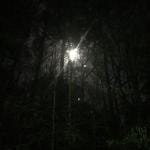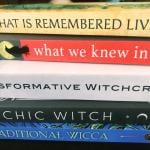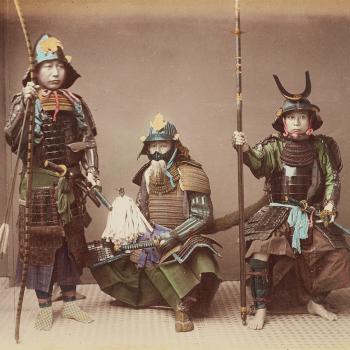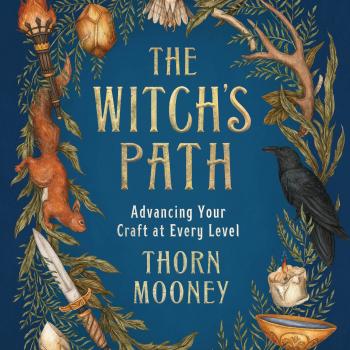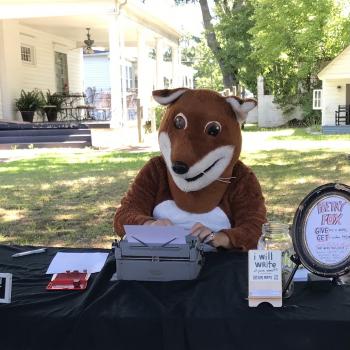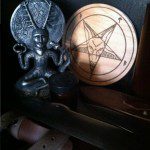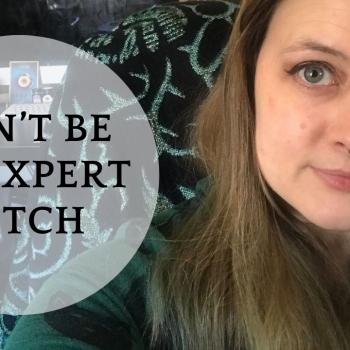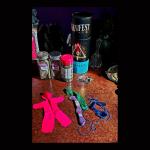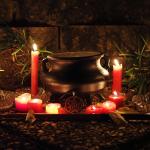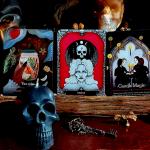
You’ve probably seen something by now about the “fake books” that are being marketed through Amazon, dominating the sales charts and potentially influencing newcomers. Some of these appear to be ghostwritten, some are perhaps plagiarized (or at the very least recycled), and practically all of them employ suspicious (and perhaps deceptive) author names, biographies, and credentials. My tweets were part of what triggered the discussion to begin with, leading to an article on the Wild Hunt, so it seemed fair to shoot a video and weigh in using something more than the Twitter character count.
My friends and fellow authors Tempest and Kelden have already posted their thoughts, and of course if you haven’t read the blog from Nathara, then you may want to do so. I don’t want to repeat them more than I need to.
There is some nuance, however, that I think some people are sometimes missing (at least, in the comments I’ve read online):
The issue isn’t that self-publishing is bad, or that we can only trust established authors. The issue is that we could all do with some discernment. There will always be books that misrepresent religions or spiritual communities, and there will always be people looking to profit off of things that other people hold sacred. Some of those books come with traditional publishing contracts, while others are churned out for rapid consumption on Amazon (and perhaps even by text scrambling programs, concocted purely for quick sales). Is one more harmful than the other? I’m not so sure. The truth is, some of these “fake” books are actually pretty solid in terms of material (though, if you follow the work that Kelden has done, that may be because they’re plagiarized). But perhaps we’re missing that added piece that comes with knowing that it’s derived from a single, relatable person who is out there walking amongst us, practicing as we do. I personally prefer to support authors who I know for sure are out in the world, sharing my communities, working alongside of others, and helping to build something alongside of me. But that’s a personal preference.
I think the only reasonable thing to do is to question how we approach matters of authority in our communities. I’m very proud of the work I’ve done as an author, but it isn’t my book contracts or whatever skill I have at promoting myself that makes me trustworthy. It’s the years I’ve spent training, studying, practicing, and sharing my experiences honestly. Books don’t make people authorities by themselves. They are often good indicators, but we are living in a time where practically anyone with time, money, and influence can publish. We all still need to be using our best judgment when we approach text. Research the author. What do they stand for? Where are they active? Do they have a unique message? Does it align with what you already know to be true? Don’t lose your head over sales numbers or Instagram filters.
The other thing that’s worth pointing out is that the people who are buying these books aren’t reading Patheos, and by and large aren’t cruising Pagan events and social media platforms for established teachers and writers. So this is largely us over here preaching to the choir. Maybe none of this really matters, since there’s such a divide in the audience. There are many witch communities, and we overlap a lot less than I think we sometimes think we do. Maybe those kinds of divisions are okay.
Wherever you stand on the matter, show the authors you love (whoever they are) some support: write reviews, tell your friends, go to your local library and ask that they carry your favorite books, share the author’s content on social media, and for the love of all that is holy don’t pirate books.
UPDATE (2/12/20): Hi, readers! For those of you following this conversation, Lisa Chamberlain got in touch with both myself and Nathara at CrowSong Lodge about this whole experience. Lisa Chamberlain is not a house name, and her books are not written by ghostwriters. You can read more on Nathara’s blog. Please give this a read! She has been open about some of the struggles she’s faced directly as a result of these “fake authors,” who have been stealing her work. Unfortunately, Lisa Chamberlain herself has been swept up in all of this scrutiny and labeled as fake herself. I’d like to offer Lisa my apology for the part I played in that, and I’m really glad that she reached out.
Again, I think this comes back around to where we started: it is crucial to approach text with discernment. As witches, especially, our authority doesn’t come from anyone else. Being a writer–whether that means having a contract with some respected publishing house, being a blogger, printing zines in your basement, or self-publishing through something like Amazon–does not by itself make a person an authority. The lesson here is not that you should only buy from big names, or even that you should only buy from people in the public eye. The lesson is that we need to collectively question the weight we give the text we consume. Read with a critical eye, remember that authors aren’t infallible (no matter how popular they are), and your witchcraft comes from you.

